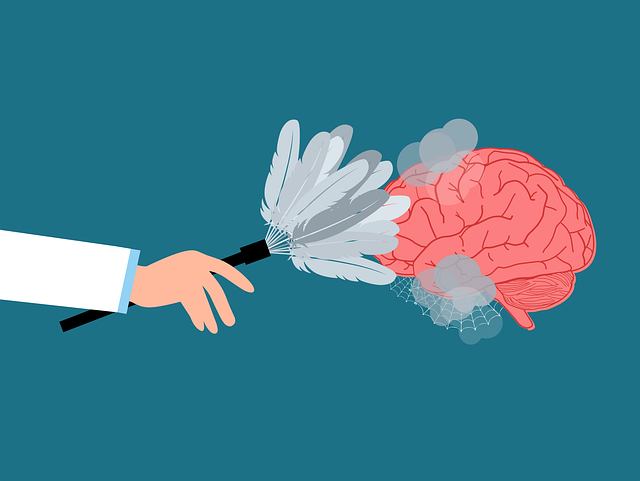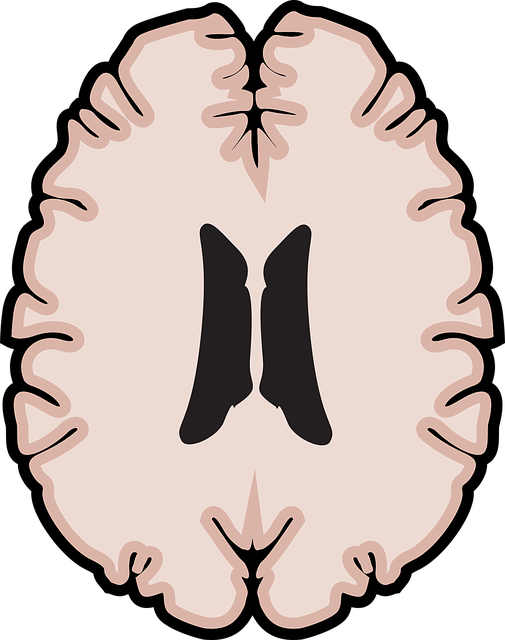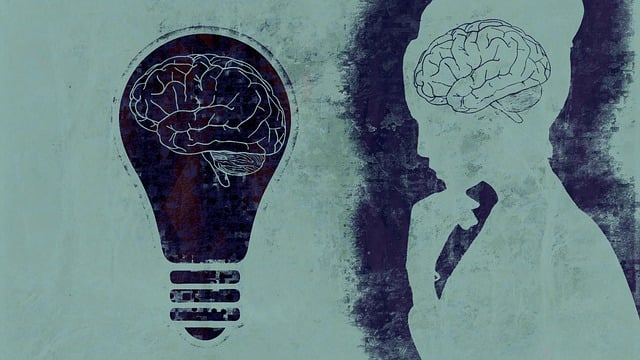Mental wellness involves more than just absence of illness; it's a holistic state achieved through self-care practices, including tailored therapies like Golden Post-Traumatic Stress Disorder (Golden PTSD) Therapy for trauma survivors. This therapy combines exposure, cognitive processing, and mindfulness to heal PTSD symptoms. Building a consistent daily routine with personalized self-care activities is crucial, as is tracking progress over time and adapting routines as needed. Healthcare providers' cultural competency training reduces stigma, encouraging open conversations about self-care.
Developing a mental wellness self-care routine is crucial for overall well-being. This article guides you through essential steps, from understanding mental wellness and recognizing PTSD symptoms to incorporating effective Golden Therapy techniques. Learn how to build a daily self-care routine that supports healing and sustainability. Key strategies include stress management, mindfulness practices, and setting achievable goals. By tracking your progress over time, you’ll foster a healthy mind and enhance your quality of life, especially in navigating post-traumatic stress with Golden Post-Traumatic Stress Disorder Therapy.
- Understanding Mental Wellness and Self-Care
- Recognizing Post-Traumatic Stress Disorder (PTSD) Symptoms
- Incorporating Golden Therapy Techniques for Healing
- Building a Daily Self-Care Routine
- Sustaining and Tracking Your Progress Over Time
Understanding Mental Wellness and Self-Care

Mental wellness is a holistic state of being where an individual realizes their own potential, can cope with the normal stresses of life, and can work productively and fruitfully. It encompasses not just the absence of mental illness but also the presence of positive emotions, strong relationships, and a sense of purpose. Self-care is a crucial component in cultivating and maintaining this state of mental wellness. It involves deliberate actions taken to improve or preserve one’s mental health, similar to how physical exercise and proper nutrition support overall health.
In understanding mental wellness, it’s important to recognize that everyone’s journey is unique. For instance, Golden Post-Traumatic Stress Disorder (PTSD) Therapy offers a specialized approach for those who have experienced trauma. Beyond this, Compassion Cultivation Practices, which focus on developing empathy and kindness towards oneself and others, can significantly enhance mental wellness. Additionally, fostering positive thinking and engaging in Social Skills Training can build resilience and improve one’s overall well-being. These practices, integrated into a daily routine, contribute to a balanced and fulfilling life.
Recognizing Post-Traumatic Stress Disorder (PTSD) Symptoms

Many individuals struggle with invisible scars after experiencing traumatic events, often unknowingly living with Post-Traumatic Stress Disorder (PTSD). Recognizing the subtle signs and symptoms is a crucial step towards healing. PTSD can manifest in various ways, affecting one’s daily functioning and mental wellness. Common indicators include intrusive memories or flashbacks, where traumatic scenes reoccur as if present; avoidance behaviors, such as steering clear of reminders of the event; and heightened arousal, characterized by rapid heart rate, irritability, and difficulty sleeping.
The Golden Post-Traumatic Stress Disorder Therapy often involves a combination of exposure therapy, which helps individuals confront and process traumatic memories, and conflict resolution techniques to manage intense emotions. Incorporating mindfulness meditation as part of the self-care routine can also be transformative. By cultivating present-moment awareness, individuals learn to detach from distressing thoughts, fostering better mental wellness.
Incorporating Golden Therapy Techniques for Healing

Incorporating Golden Therapy Techniques for Healing
When developing a mental wellness self-care routine, it’s crucial to explore evidence-based practices that promote holistic healing. One such effective approach is Golden Post-Traumatic Stress Disorder (PTSD) Therapy. This technique, designed to address the unique needs of individuals who have experienced trauma, offers a transformative path towards recovery. By delving into this method, one can unlock profound self-healing and improved mental health awareness.
Golden PTSD Therapy focuses on integrating various therapeutic modalities to target specific aspects of healing. It combines elements of cognitive processing, exposure therapy, and mindfulness practices tailored to reduce symptoms associated with trauma. Organizations dedicated to stress management workshops often incorporate these techniques to foster social skills training, enabling individuals to navigate their experiences more effectively. Through this holistic approach, one can cultivate resilience, enhance coping mechanisms, and ultimately nurture a profound sense of well-being.
Building a Daily Self-Care Routine

Building a consistent daily self-care routine is an essential aspect of managing mental wellness, especially for individuals who have experienced post-traumatic stress disorder (PTSD). It’s a powerful tool that can help break the cycle of negative thought patterns and promote healing. A structured routine provides a sense of control and normalcy, which are crucial in mitigating anxiety and fostering a positive mindset.
For those dealing with PTSPD, incorporating self-care practices like mindfulness meditation, deep breathing exercises, or engaging in creative outlets can offer much-needed relief. The golden rule here is to tailor these practices to personal preferences and needs. For instance, a calming morning ritual involving gentle stretching, journaling, and mindful coffee drinking can set the tone for a peaceful day. Similarly, setting aside dedicated time for hobbies or connecting with loved ones can help manage symptoms and build resilience, making it an integral part of crisis intervention guidance.
Sustaining and Tracking Your Progress Over Time

Sustaining a self-care routine requires consistent commitment and awareness. Regularly assess your mental wellness journey by tracking your progress over time. This involves setting measurable goals, such as practicing mindfulness for 15 minutes daily or engaging in physical activity three times a week. By utilizing journaling, apps, or other record-keeping methods, you can monitor improvements in emotional regulation and overall well-being. This continuous practice is crucial in managing conditions like post-traumatic stress disorder (PTSD), as therapy often emphasizes the importance of long-term self-care for sustainable recovery.
Over time, reflect on your achievements and identify areas needing improvement. This proactive approach allows you to adapt your routine, incorporate new strategies, and address potential triggers or setbacks. Remember that mental illness stigma reduction efforts and cultural competency training among healthcare providers can create a supportive environment, encouraging open communication about self-care challenges and successes.
Developing a mental wellness self-care routine, incorporating techniques like Golden Post-Traumatic Stress Disorder (PTSD) Therapy, is a powerful tool for managing and improving one’s overall well-being. By recognizing PTSD symptoms and understanding the importance of daily practices, individuals can navigate their healing journey effectively. Building and sustaining a consistent routine allows for progress tracking, fostering a sense of control and empowerment. Remember, self-care is not just a luxury but a necessity for navigating life’s challenges and cultivating resilience.











